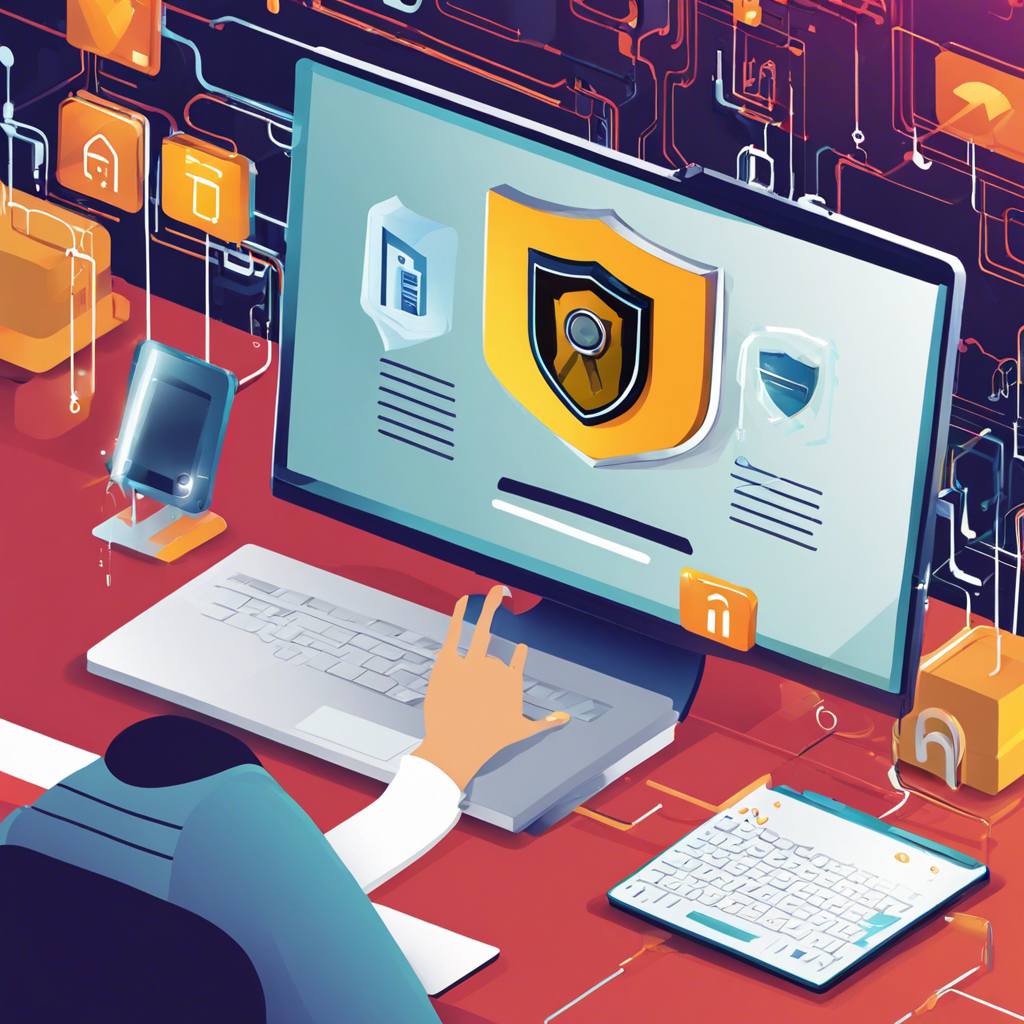As our lives become increasingly entwined with technology, protecting our digital selves is vital. We often leave virtual footprints without realizing the potential dangers lurking online. So, let’s explore some essential strategies to safeguard your personal information and enhance your cybersecurity.
Firstly, understand the value of your data. Personal information is valuable. Think of it as currency; protect it accordingly. Be cautious about what you share and where. From your name and address to your shopping habits and social security number, all this information is valuable to a hacker.
Secure your devices. Use strong, unique passwords or passphrases for each account and enable two-factor authentication wherever possible. Keep your software updated, as these updates often include security patches fixing vulnerabilities that hackers could exploit.
Be vigilant with emails and messages. Phishing attacks are common, where scammers impersonate legitimate organizations or individuals to trick you into revealing sensitive data. Be cautious of unsolicited messages and never click suspicious links or download attachments from unknown senders.
Public Wi-Fi networks are convenient but insecure. Data sent over these networks can easily be intercepted. Avoid online banking or accessing sensitive information when connected to public Wi-Fi. Instead, use your mobile network connection, which is generally more secure.
When browsing the web, ensure the website is secure. Look for the padlock icon in the address bar, indicating a secure HTTPS connection. This encrypts data transmitted between your device and the website, protecting your privacy.
Educate yourself and your family. Discuss potential online threats with your loved ones and implement basic security practices, such as creating strong passwords together and understanding the importance of not sharing personal information online.
Keep yourself updated on emerging cyber threats and how to counter them. Follow reliable cybersecurity sources and subscribe to their alerts and newsletters. Stay informed about the latest scams and breaches, and be aware of new techniques to protect yourself.
Backup your data regularly. In the unfortunate event of a cyberattack or device failure, having a recent backup ensures you don’t lose important files and can get your digital life back on track quickly.
Finally, trust your instincts. If something feels suspicious or too good to be true, it probably is. Be cautious, stay alert, and take the necessary steps to protect yourself and your digital identity. Cybersecurity is a shared responsibility, and by taking these proactive measures, you significantly reduce your risk of falling victim to cybercriminals.
